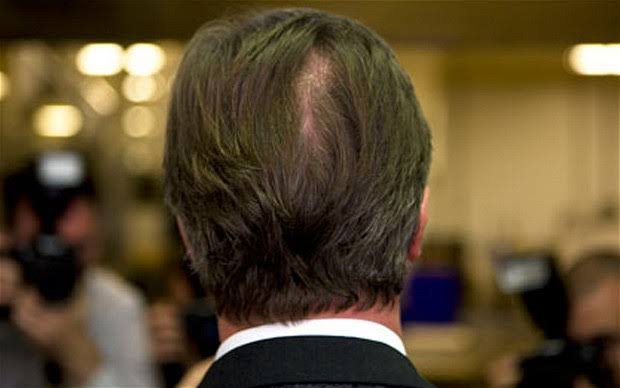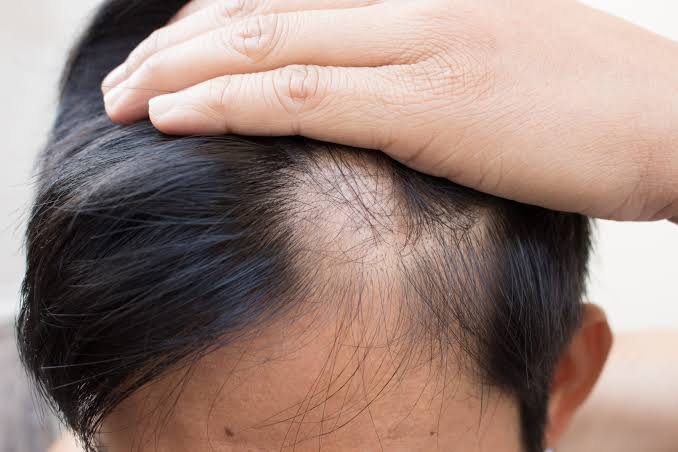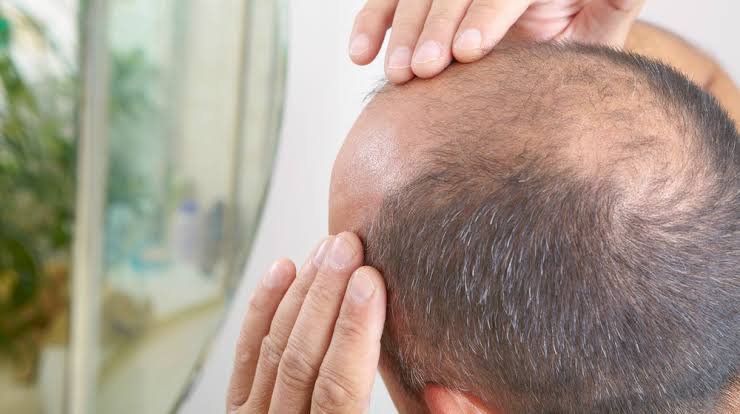According to a new study, researchers have found out that working for more than 52 hours in a week can cause your hair to shed twice as quickly.

Scientists found out that men who work for more than 52 hours a week lost their hair at twice the speed compared to men who work for 40 hours or less.

The study also touched areas related to catagen, a resting phase marking the end of the active growth of hair, claiming that stress is the biggest factor that leads you to that stage.


Ultimately it was found out that long working hours significantly led to the development of alopecia, or hair loss.

The research’s lead author, Kyung-Hun Son said:
Limitation of working hours in order to prevent alopecia development may be more necessary from younger workers, such as those in the 20s and 30s, at which hair loss symptoms start to appear. Preventive interventions to promote appropriate and reasonable working hours are required in our society.

The research has been welcomed by leading UK hair restoration surgeon Dr Bessam Farjo, who warns stress can often be the trigger for other types of hair loss, too.

















